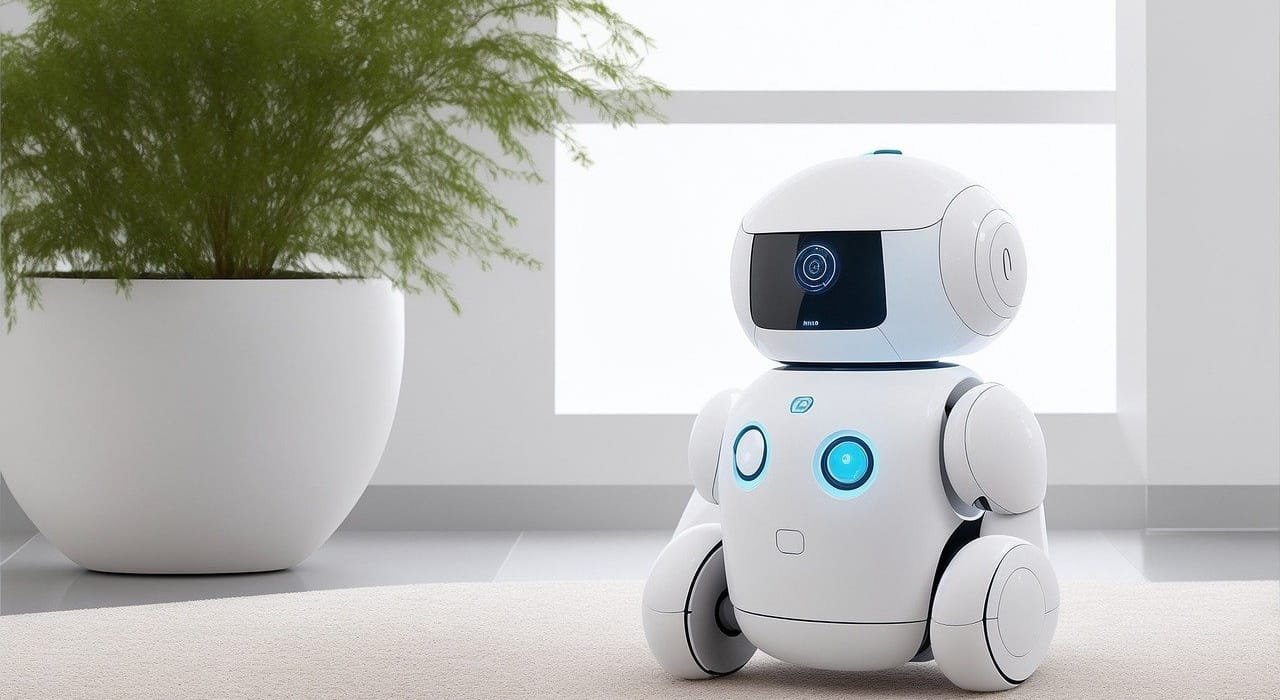Writing Task
Scientists predict that computers will be more intelligent than human beings in the future. Some people believe it will be a positive development, while others worry it will have some negative effects.
Discuss both views and give your own opinion.
Task Analysis
This is a “Discuss both views and give your opinion” task. The topic, while not new, is still very relevant, especially with the rising interest in AI in recent years. It’s been over ten years since this question first appeared in IELTS, but the debate about computers becoming smarter than humans is once again a hot topic.
In this essay, the overall position we stand should lean towards the positive side. We can argue that the development of computer intelligence is inevitable and that with the right measures in place, it has the potential to bring about positive changes. Though there are reasonable concerns about problems like job loss or the misuse of AI, these challenges can be addressed with responsible policies and guidelines.
The structure should consist of two body paragraphs. The first will highlight the potential benefits of intelligent computers. The second paragraph will acknowledge the possible downsides, but will emphasize that, with proper management, the positive impacts far outweigh the negative ones. Throughout, it’s important to convey that technology, if leveraged correctly, can lead to significant progress and improvements in our lives.
Writing Sample
Computers have been getting smarter over time, and it is believed by scientists that one day they will become more intelligent than humans. While some people worry about the potential negative effects of this development, I believe firmly that it is an inevitable trend. Instead of fearing it, we should focus on how to leverage computers’ abilities to benefit all of us.
Undoubtedly, Having computers more intelligent than humans could lead to many positive changes. For example, AI-powered systems, like advanced versions of GPT, are already transforming industries by improving productivity in manufacturing. These intelligent systems can analyze production processes, predict maintenance needs, and even automate complex tasks, making factories more efficient and reducing costs. In the area of new technology exploration, AI can assist researchers in developing groundbreaking innovations, from designing cutting-edge materials to advancing renewable energy solutions, by analyzing massive datasets and identifying patterns humans might ignore. For everyday life, intelligent systems can greatly benefit normal people. They can act as personal assistants, helping individuals manage schedules, learn new skills, or even improve mental health by providing tailored support through digitial channels. With such abilities, smarter computers have great potentials to make life more convenient, productive, and enriched for everyone.
However, there are some concerns about the rise of super-intelligent computers. People worry that machines could take over jobs, resulting in many unemployed. Additionally, if not properly regulated, highly intelligent computers might produce outputs that are not based on truth, such as AI-generated misinformation or fake content. While these are valid concerns, they can be managed with appropriate policies and ethical guidelines to ensure technology is used responsibly and for the greater good.
On the whole, although smarter computers bring challenges, I believe that their benefits outweigh the risks if we responsibly integrate advanced technology to enhance everyone’s quality of life.

I enjoy reading and I believe this website got some really useful stuff on it! .